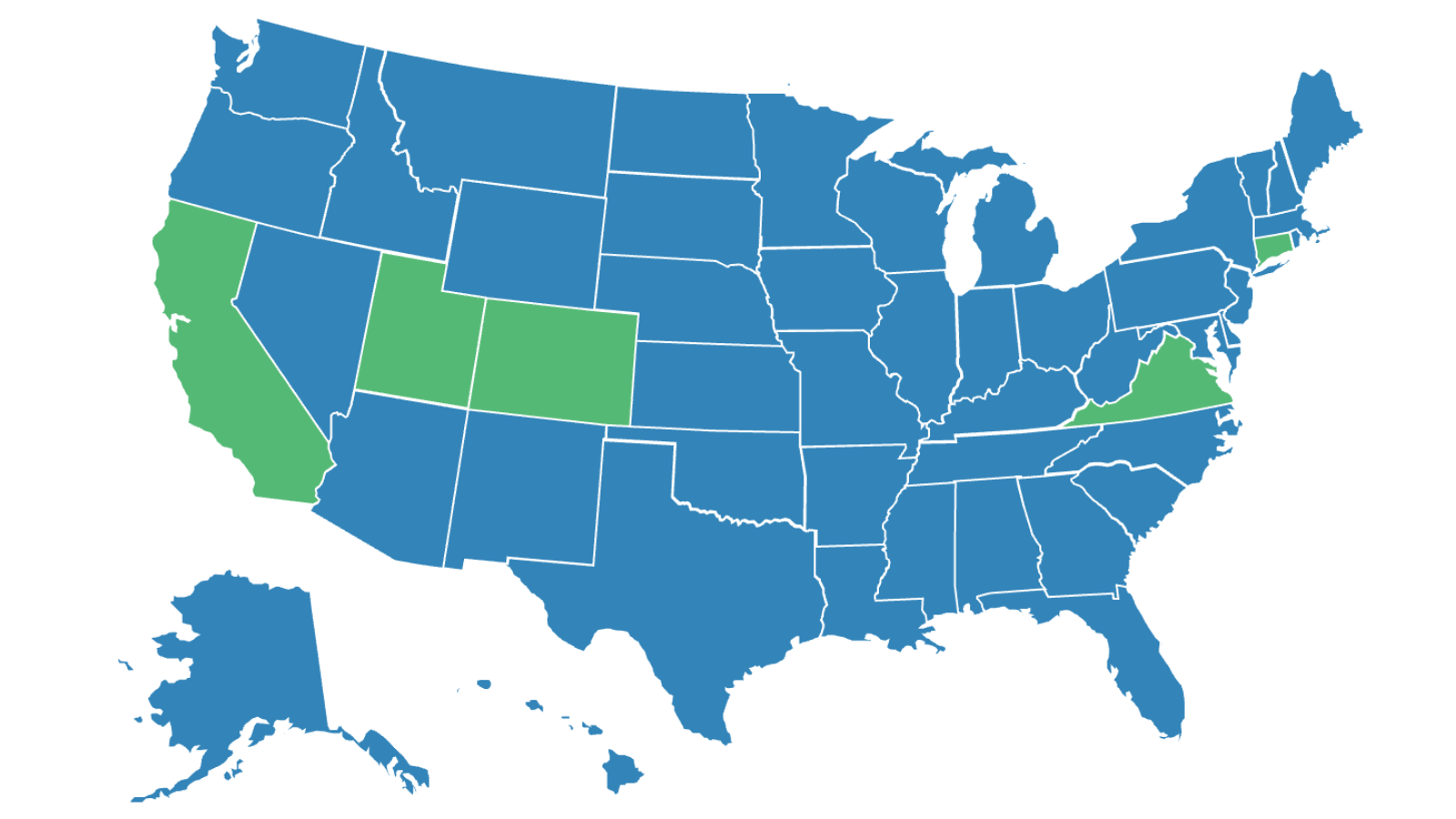
This year, AAA anticipated more than 39.2 million Americans would travel over Memorial Day weekend, an increase of more than 8% over last year. From Apple Maps to audiobooks, you can rely on wireless services to get you from point A to point B. And, there is a good likelihood that during your travels you streamed content on your smart device, as there has been has been a 108x increase in mobile data traffic over the last decade.
Much like Americans frequently travel over the holiday, data transmission doesn’t obey borders. Not only that, but a single online action can involve multiple states even if it only involves one individual. For example, streaming a song from your music library could ping a server in Virginia, all while you are driving from California to Colorado.
Unfortunately, the laws that govern the way that our data is being treated risks limiting the innovation that makes all of these things possible. Right now we have inconsistent privacy laws across the United States. Connecticut is the most recent state to pass a privacy law, joining California, Colorado, Utah, and Virginia. And not all provisions in each of these states is the same.
The state-level approach to privacy legislation is inconsistent, and in fact creates confusing systems for both consumers and businesses to follow. Without a unified, clear, and flexible set of principles that offer consistent privacy protections, we risk a slowdown in technological innovation, and cost increases that could trickle down to our wallets.
We live in an increasingly connected world, and even without a unified national privacy standard there are steps you can take now to control how your data is treated:
- Review company privacy policies before pressing “accept” on the Terms and Conditions.
- Double check your wireless devices’ privacy settings to determine which data can be shared.
- Check the apps you use and select the best share settings that fit your wireless lifestyle.
- Cybersecurity is different than privacy, but there is some overlap. Know what you can do to protect yourself from cybercriminals, including storing passwords in an offline and safe environment to minimize cyberattacks
- [Drumroll] … and the best thing you can do for your privacy?
The best thing you can do is send a strong message to Congress – we need a national privacy law. We’ve waited too long for a national privacy law and with states increasingly passing their own well-intentioned laws, we are now living with a confusing patchwork that does not protect all Americans equally.